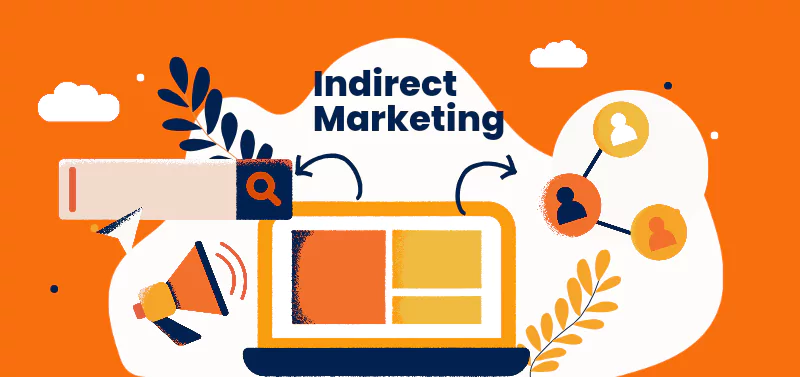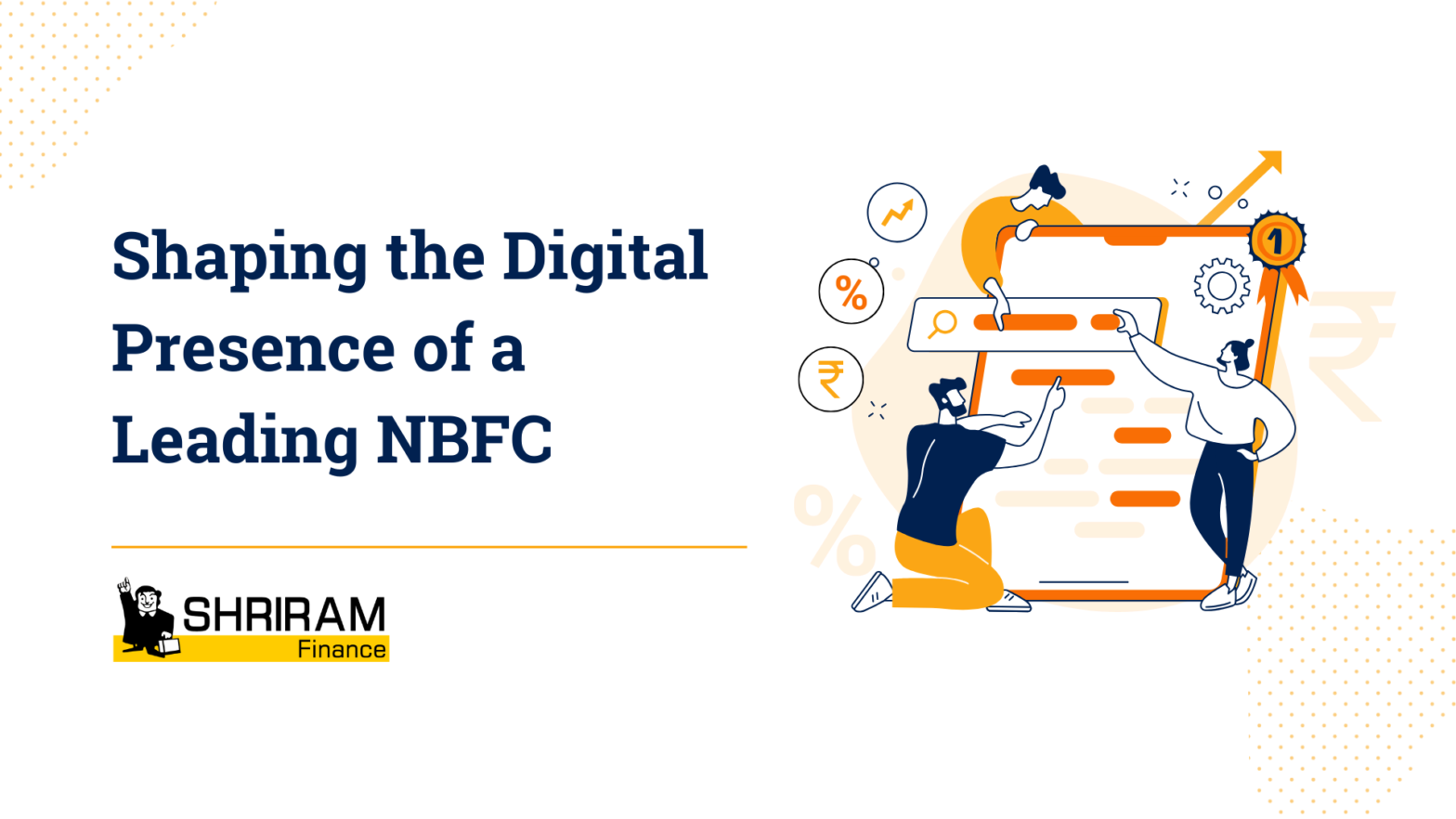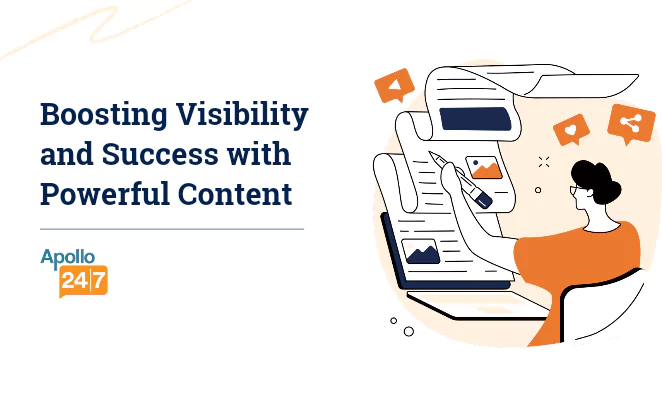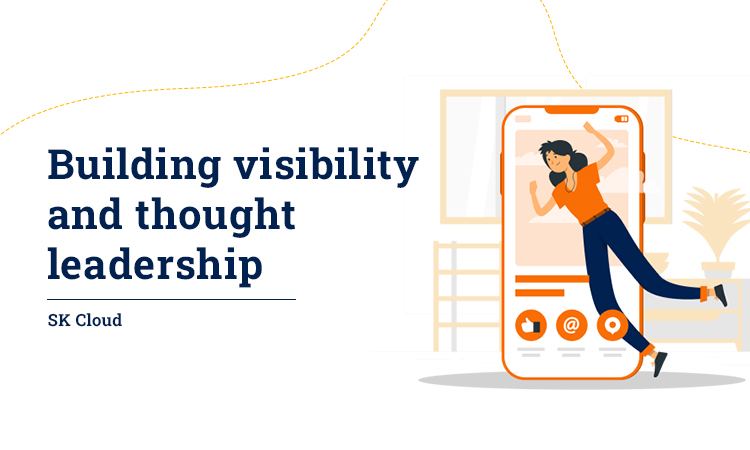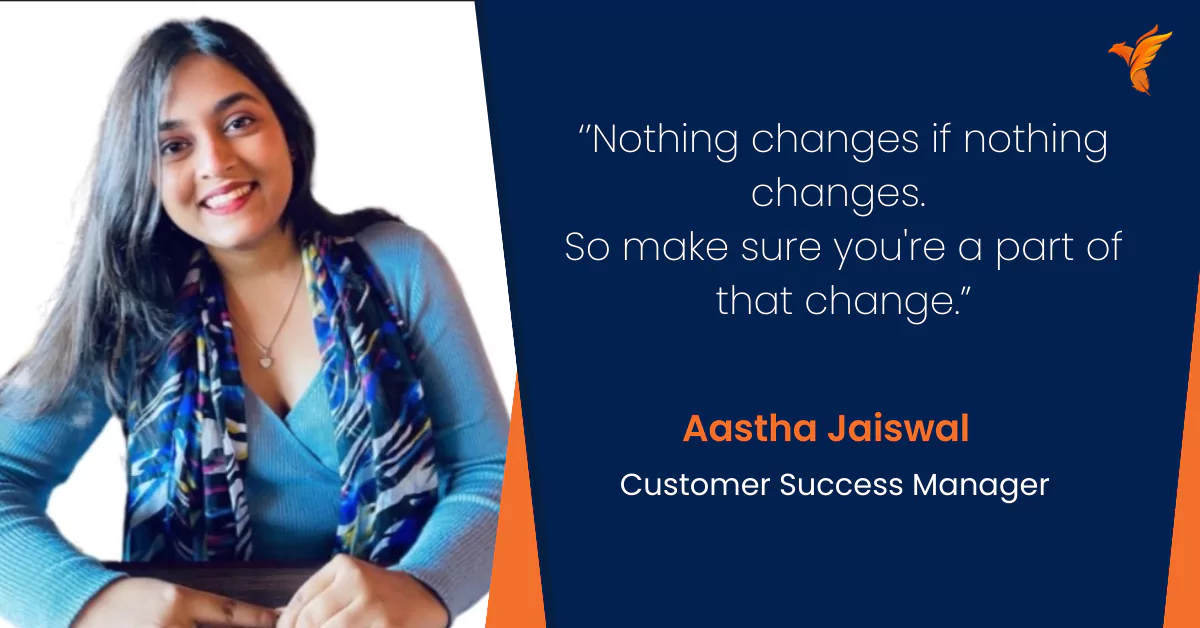Best EdTech Marketing Strategy in India for Startups
Author: Team WH
Published On: 17-01-24
Estimated reading time: 8 minutes
These are some exciting times for EdTech startups when learning is not limited to university or one’s background in a specific subject. EdTech websites have numerous users of all ages. So, how are these platforms becoming so popular among people? What is the EdTech marketing strategy in India, and why is it important?
An effective marketing strategy is crucial for the EdTech industry to acquire new users and stand out in a competitive landscape. With the right strategies, startups can create brand awareness, generate leads, and convert them into paying customers.
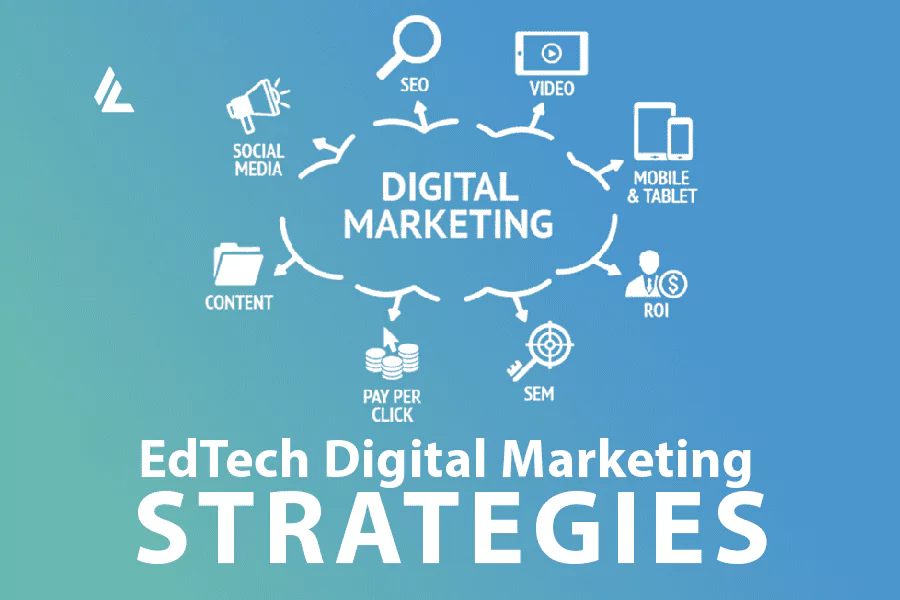
In this blog post, we will discuss some of the go-to-market strategies for EdTech businesses in India that can be leveraged as they look to grow their user base.
Promising EdTech Marketing Strategy in India
Let’s look into the diverse EdTech company marketing strategies for long-term success.
1. Know Your Target Audience

Knowing your target audience is the foundation for building an effective marketing strategy. Before diving into specific tactics, an EdTech business needs to identify its ideal customers and what motivates them.
Key Demographics to Consider
- Age groups (school students, college students, working professionals)
- Location (urban/rural)
- Socio-economic status
- Values, interests, and pain points
Create Buyer Personas and Map Their Journey
Bring your audience research to life by creating fictional but representative buyer personas. Include details like their goals, challenges, values, and typical customer journey from initial awareness to becoming a paying user.
Why does it work?
Understanding your target audience in depth ensures marketing is highly relevant and drives engagement across every stage of the buyer journey.
2. Content Marketing
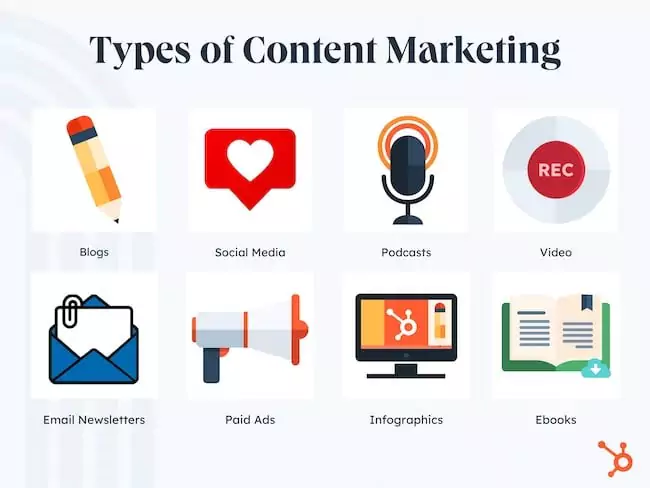
Content marketing is a highly effective strategy for EdTech startups to demonstrate thought leadership and engage audiences across channels. Here’s how you can leverage content as a part of marketing campaigns for EdTech businesses.
Multichannel Content Marketing
Distribute content across owned channels like blogs, websites, and newsletters. This allows startups to control messaging and their audience relationships. Participating as a subject matter expert on third-party platforms is also essential. For example, guest posts on industry blogs, partnering with educator influencers and sponsoring relevant events.
What Content to Publish?
Create content in a variety of forms, such as:
- Blog posts with tips, how-to advice, and step-by-step guides based on audience needs.
- Detailed case studies and success stories that build credibility.
- Distribute industry trend reports, insider insights, and future forecasts that establish thought leadership.
- Infographics, guides, and eBooks that educate and appeal to different learning styles.
Repurposing Content
- Turn long-form posts into shorter snippets for social media
- Re-promote evergreen content to new audiences
Why does it work?
Distributing educational content builds awareness and trust with target audiences. It positions EdTech marketing agencies as industry authorities.
3. Search Engine Marketing
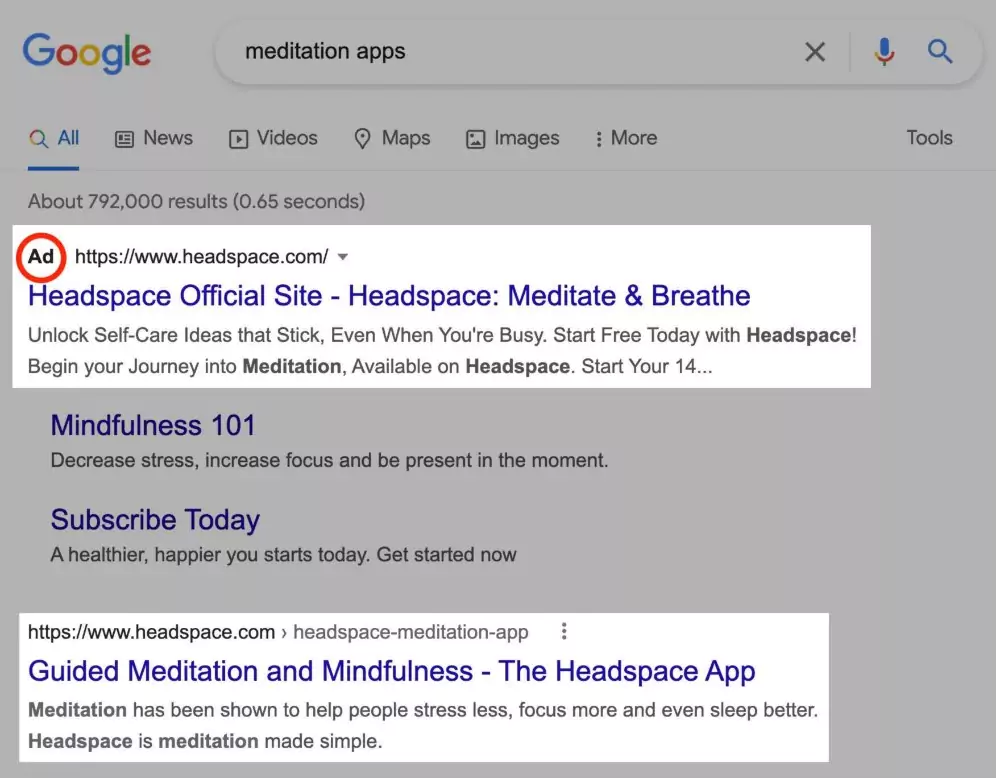
Leveraging both paid and organic search strategies is critical for EdTech startups to get their platforms in front of people actively looking for educational solutions online. Wondering how it’s done?
PPC Marketing
Google Ads PPC (pay-per-click) campaigns should be a core component of any search strategy. Targeting relevant keywords like “online learning” and “education startups” can help ads reach audiences researching the niche.
Testing different ad variations, landing pages, bidding tactics, and advanced features like location and demographic targeting can improve performance. To expand their reach further, EdTech startups can also use display ads.
Tracking the PPC Conversions
Once the marketing campaigns are set in motion, it is important to track them diligently. EdTech startups should define clear goals and analytics by which their paid search traffic would be measured.
Examine the data to identify the most effective keywords, ads, and landing pages. Take decisions to eliminate marketing elements that are not giving optimum results.
Organic Search Engine Optimisation
Stopping at paid search is not an option. The next step is to optimise search engines. Do some keyword research to identify questions and topics your audience cares about. Backlink useful websites in your content to give your SEO a boost.
Use Google Trends and Google Adwords to find trending topics and high-ranking competition keywords.
Retargeting Visitors Through Custom Display and Social Media Ads
Always retarget people who have visited your site once and left midway. This can be done by showing them relevant Google and social media ads. This would remind them about your EdTech brand and bring them back.
Why does it work?
With continual optimisation based on data, EdTech startups can maximise their paid and organic search visibility, lower customer acquisition costs, and boost conversions.
4. Social Media Marketing

Social media is where everyone is hanging out these days! For EdTech startups, that makes Facebook, Instagram, LinkedIn and other big platforms key for engaging your audience. Let us see how the education industry can make the most of it.
Creating Branded Profiles
Set up some branded or business profiles to get your name out there. Show off your personality with crafty bios, including links to your website and relevant hashtags. For example, when you set up an Instagram business account, add your email and contact number so your audiences can reach you easily.
Engaging Audiences with Video Content
Develop an editorial calendar to regularly share image, video and text posts that provide value to followers. This is a go to market strategy for EdTech startups. Share posts with study motivation, learning tips, and career advice.
Make use of video content in your social media campaigns. Video is a versatile and engaging format that captures attention, driving a 157% increase in traffic from search pages.
The benefits of video marketing in EdTech include high customer engagement, boosted conversion rates, wide accessibility, improved SEO, and a strong ROI. It’s a valuable tool for reaching, engaging, building trust, and driving sales as part of the digital marketing strategy for EdTech industry.
Running Campaigns
Try running ad campaigns to get your audiences to participate in them actively. Contests, giveaways, and challenges can become viral quickly—for example, scholarship sweepstakes for students who share study goals and tag friends. A challenge asking people to share how your platform has helped them reach their goals could encourage them to discuss the brand.
Collaborating with Influencers
Connect with influencers who are well-known in the education space. Work with prominent bloggers, teachers, and students with ideal followings. Working on different types of content or sponsored posts with well-liked influencers will garner social credit points.
Why does it work?
Social marketing builds awareness and loyalty through branded profiles, valuable content, and savvy campaigns.
5. Email Marketing
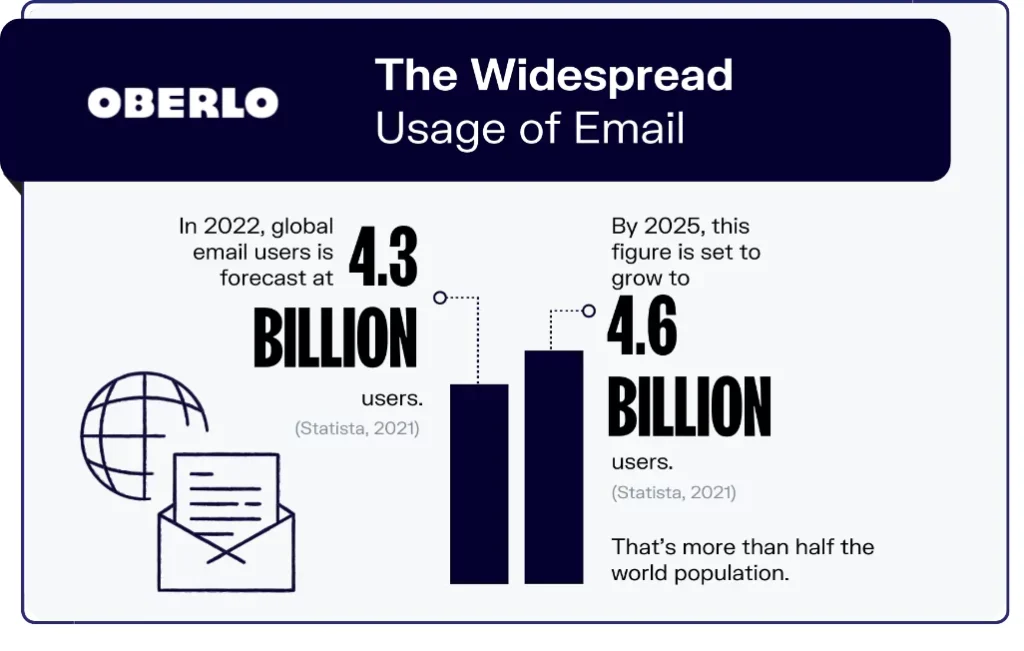
Building relationships directly with potential customers through email is one of the most important marketing strategies for EdTech companies. Let’s look at some tips to get the EdTech business’s email list kick-started!
Hook Subscribers with Lead Magnets
EdTech companies can share free educational resources with potential customers to increase email sign-ups. Resources like guides, cheat sheets to complete a difficult lesson, and free trials can hook them. These lead generation offers will help the company collect email addresses for future communication and establish a relationship based on shared interests.
Send Personalised Emails
Personalisation is the key to ensuring every email sent is a hope for relationship building and not just selling a course. Address your recipients by their names and ensure the email body copy is clear and concise and deals with the reader’s interest.
Keep them informed about the latest courses, discounts, or application features. Remember not to spam people with broadcast messages. You can schedule when to send your emails to reduce the number of un-subscribers.
Re-Engage People with Email Drip Campaigns
Email drip campaigns involve sending a series of automated emails to re-engage inactive users.
EdTech startups leverage the technique of sending a series of 3-4 emails that are spaced apart. They remind customers about unfinished courses, if any change has been made to the course, or offer incentives to renew.
The idea is to spark renewed interest in a personalised, non-promotional way to boost customer retention.
Segmented Email List
If the email list is divided into proper segments of students, parents, and educators, it allows for more relevant content. Each segment would cater to different groups and their interests and goals.
Why does it work?
If email marketing is done correctly, EdTech businesses can build relationships with future customers. They’ll keep opening, clicking, and engaging with your brand, driving growth in the process!
6. Community-Building
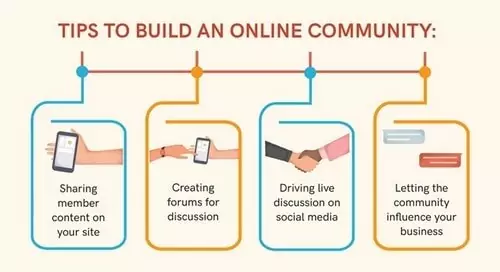
As a company, if you are still wondering how to promote an EdTech startup other than social media efforts, turning towards community-building efforts could be the answer. It can be done through:
Webinar Marketing
Hosting free educational webinars is an impactful community-building strategy. Bring industry experts, educators, or successful students to share their knowledge. Promote the webinars through email, social media, and influencer marketing. This provides value, establishes thought leadership, and grows your contact list.
Ask attendees for feedback, as they are the final decision makers in improving future webinars. Over time, you can build a community eager to engage with your virtual events.
Podcast Marketing
Launching a podcast allows consistent value-sharing and connection with your audience. Identify key topics and potential guest speakers based on your audience’s interests. Promote new episodes through your blog, email lists, and social channels.
Podcasts humanise EdTech brands through the art of storytelling. The engaging audio format also expands its reach. Existing customers can discover new insights while you organically attract new listeners.
Why does it work?
Thoughtful community-building fosters brand affinity. By consistently offering value, you cultivate brand advocates who voluntarily promote you within their networks and gain new customers.
Conclusion
Any EdTech marketing strategy in India must stand out in this highly competitive and booming industry. Focusing on the foundation is crucial; knowing your core customers and building trust is important.
Try leveraging digital platforms and search engine optimisation to create a soaring business model. Keep track of your marketing efforts by tracking and analysing data. With authenticity, creativity, and continual care for your audience, your EdTech platform can flourish even in a competitive landscape. Remember, the most meaningful connections are built patiently over time.























